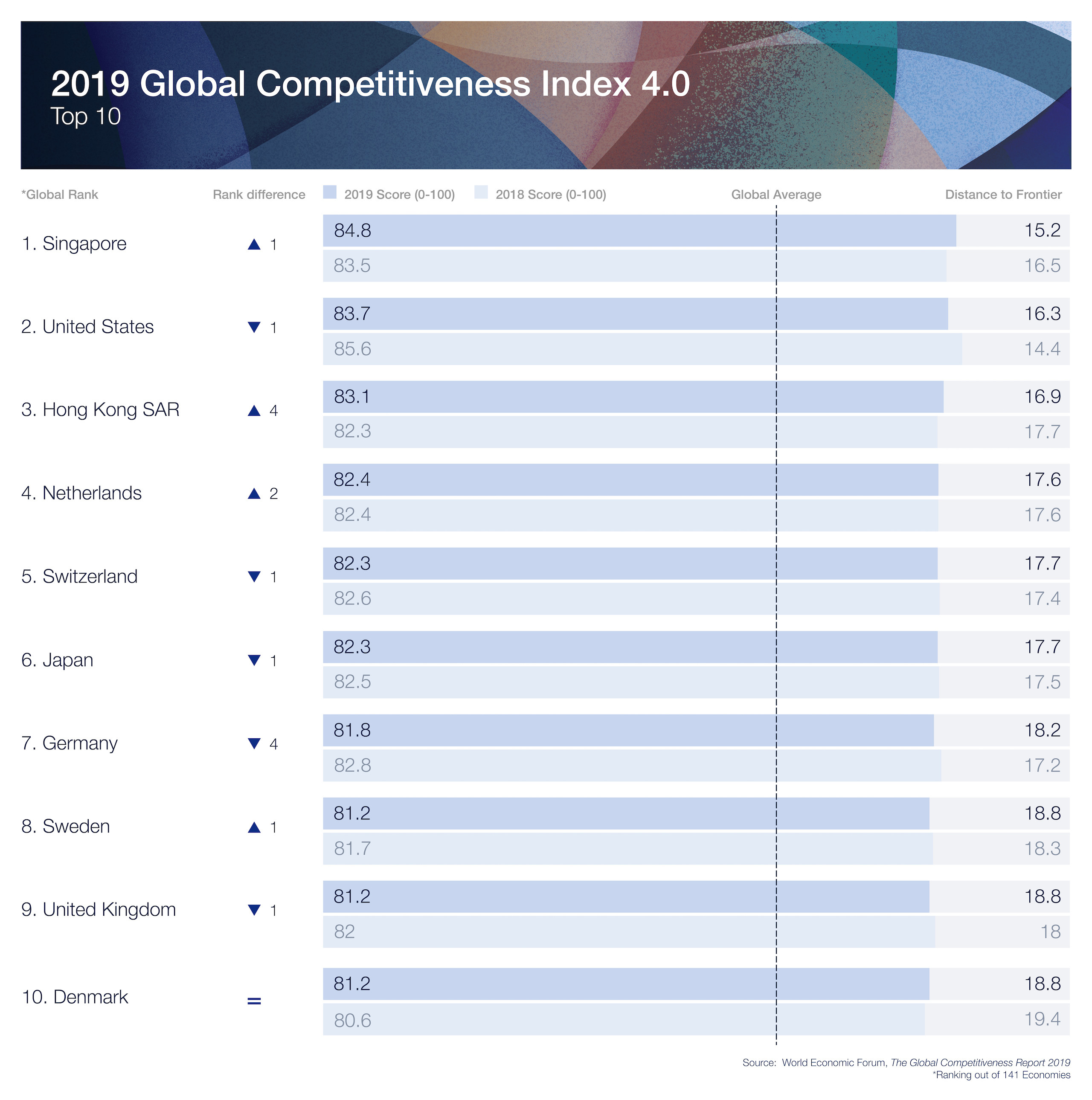How to tap into your team's purpose, from a leader of 17 million volunteers

Jagan Chapagain is the CEO and Secretary General of the International Federation of Red Cross and Red Crescent Societies - IFRC,
Image: IFRC
Stay up to date:
Leadership
- Jagan Chapagain, Secretary General and Chief Executive, International Federation of Red Cross and Red Crescent Societies spoke to the World Economic Forum’s Meet the Leader podcast about motivational leadership.
- He shared a 3-step formula to help any leader better tap into their team's purpose and help fuel their motivation.
- Executives say articulating their business purpose is one of the most promising ways to increase talent availability, according to the World Economic Forum Future of Jobs Report 2023.
Want to better understand purpose and motivation? Ask the head of the International Federation of Red Cross and Red Crescent Societies (IFRC), an organization with 17,000 volunteers.
The IFRC shows up on the world's worst days and helps the most vulnerable through 65,000 disasters each year.
Accept our marketing cookies to access this content.
These cookies are currently disabled in your browser.
IFRC's Jagan Chapagain joined the organization as a volunteer when he was a teenager in Nepal. Several roles and decades later he is still fueled by the organization's purpose as its Secretary General and Chief Executive.
He spoke to the World Economic Forum’s Meet the Leader podcast about what he's learned about purpose and motivation during his time at the IFRC -- and the steps leaders must take to make sure that individuals feel they are contributing to the greater whole and can provide the momentum to drive the organization forward.
At its heart is one simple idea. Said Chapagain, "Listen, learn, help define a purpose, and demonstrate that you are delivering on that purpose." Leaders who keep these steps in mind can scale the change they need through their teams.
1. Listen and learn
Effective leadership hinges on the ability to listen actively, he says. Understanding the needs and aspirations of team members lays the foundation for meaningful engagement.
“It is extremely, extremely important in any context, the ability to listen and learn,” Chapagain points out. “Listening without learning is not useful. And I think when the leaders have that ability to listen and learn, that’s when you engage with the purpose of the people who you want to be associated with your organizations and the value and objectives of your organizations.”
In listening and learning, leaders make room for change -- for factoring in perspectives they might not have had otherwise or needs they didn't previously understand. Effective listening should help you change in someway, whether it's deepening your knowledge or even changing your mind or approach.
What do we mean by ‘competitiveness’?
2. Define a clear purpose
Defining a clear purpose that gives clarity to team members is critical, says Chapagain. This aligns efforts and fosters a sense of belonging and dedication. Every team member should understand the broader purpose behind what they are doing, and this is what keeps them going
Defining the purpose is a shared effort. He says, it is important to “help define a purpose together and demonstrate that you are delivering on that purpose,” This can earn buy-in while reinforcing that you are connecting your team's talents to the organization's mission and needs.
A shared purpose can bring incredible results. The COVID-19 pandemic, he mentioned, brought a host of challenges simultaneously. But a shared purpose and a true effort to make progress inspired thousands to help.
“We had, you know, when lockdown was happening and people were asked to stay at home, we had, on average, 1 million volunteers every day going out to help others.”
Listening without learning isn't useful.
—Jagan Chapagain, Secretary General and Chief Executive, International Federation of Red Cross and Red Crescent Societies
”3. Deliver on that purpose
Explain to each team member the difference their work is making and how their contributions are positively impacting the organization. Chapagain shared a personal anecdote about how he began as a volunteer himself, and how he draws on that experience to inspire others.
Show your team that giving their all, even in the face of challenges, is what matters, rather than focusing on outright results. People need to see leaders giving their best and this inspires and motivates them, even in challenging times.
Demonstrate that you are invested in the organization's mission. “Do you become 100% successful every time? No, but people need to see that you have given 100%.”
Don't miss any update on this topic
Create a free account and access your personalized content collection with our latest publications and analyses.
License and Republishing
World Economic Forum articles may be republished in accordance with the Creative Commons Attribution-NonCommercial-NoDerivatives 4.0 International Public License, and in accordance with our Terms of Use.
The views expressed in this article are those of the author alone and not the World Economic Forum.
Forum Stories newsletter
Bringing you weekly curated insights and analysis on the global issues that matter.
More on Resilience, Peace and SecuritySee all
Benjamin Denis and Justine Roche
April 30, 2025
Dave Neiswander
April 28, 2025
Shoko Noda
April 23, 2025
Daniel Mahadzir and Natasha Tai
March 21, 2025
Robert Muggah
March 10, 2025





